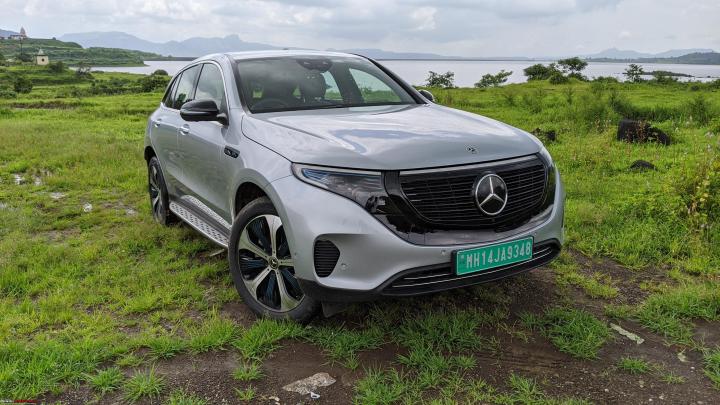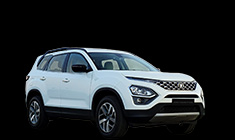News
Study finds EV range ratings to be unreliable compared to ICEs
SAE compared the range rating of 365 ICE-powered cars with 44 battery-electric vehicles.
The range on a single charge is often the first thing to notice before making an EV purchase. While EVs do provide a range rating, which can be compared to an ICE-powered vehicle's DTE estimate on a full tank, a new study has found that the ratings in EVs are far less reliable than on their ICE counterparts.
SAE International has published a study which states that most BEVs fall short of their electric consumption and range label values. Also, when combined with other external factors, the difference between the label value and the actual on-road consumption further increases. ICE vehicles, on the other hand, performed 4% better in terms of fuel efficiency than their rated figure. The study found that 66% of all ICE cars tested achieved an MPG figure higher than their labelled value.
As per the study, EVs, on average, faired 12.5% worse than their rated range. Only 17% of the total EVs in the test managed to surpass their range estimates. As per SAE, EVs are allowed an adjustment factor of 0.7 or higher - meaning that the estimated range is 30 per cent lower than the calculated range. This adjustment factor, coupled with other external factors, means that the real-world range of EVs is more likely to be lower than advertised.
For the study, SAE compared the range rating of 365 ICE-powered cars with 44 battery-electric vehicles. All cars ran through several tests by Gregory Pannone, former head of fuel economy at Chrysler and Dave VanderWerp, director of vehicle testing at CarAndDriver.
Source: SAE International




.png)














